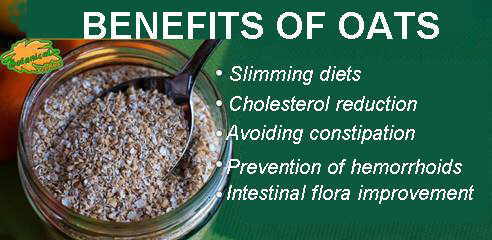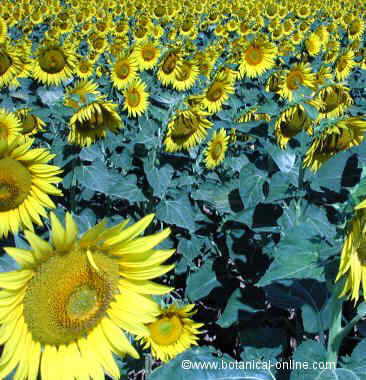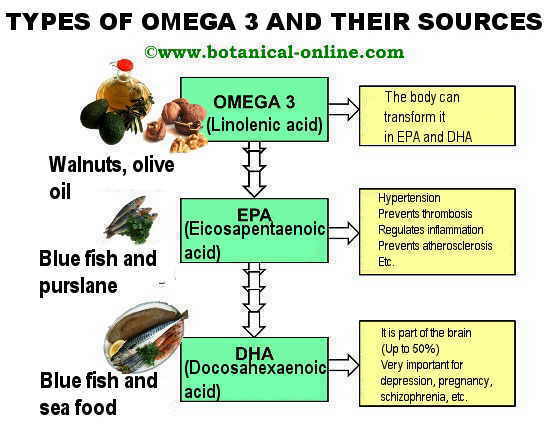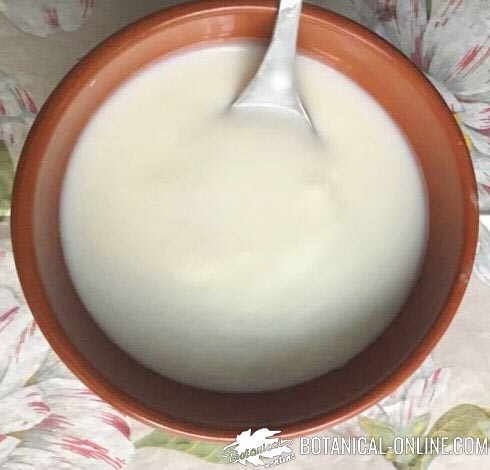Contents
INTOXICATION BY RHUIBARB LEAVES
What is rhubarb?
Rhubarb is a plant commonly used in food (petioles) in Russia, Korea, India, China and other Asian countries, where the plant is native. Rhubarb is also common in some Central European and Eastern European markets. In some regions of the USA And South America it is also consumed.
There are other rhubarb species, such as Chinese rhubarb (Rheum officinale) and the Turkish rhubarb (Rheum palmatum) that have been used as a folk remedy for thousands of years, being present in the Ayurvedic treaties and Traditional Chinese Medicine.
Is rhubarb toxic?
Rhubarb is not toxic when consumed its edible parts, which are the leaf petioles and dry rhizome (the latter, used in medicinal preparations). However, the ingestion of rhubarb leaves (leaves limbos) is toxic because it contains poisonous substances.
What toxins do rhubarb leaves contain?
It is unclear which substances are responsible for the adverse effects of ingesting rhubarb leaves. Everything indicates that it is due to:
– Its high content of oxalic acid, although this is not the main toxic component, since it is only found in concentrations of 0.5% in rhubarb leaves.
Oxalic acid can block the digestion of some minerals (especially calcium) in the body and cause damage to the kidneys when consumed in high amounts, such as found in whole leaves of rhubarb.
Oxalic acid is also present in other foods, such as cocoa, beets or spinach. This substance is partially eliminated with boiled and can be neutralized by mixing dairy foods or other foods rich in calcium in the same food.
Taking into account that the lethal dose of oxalic acid is 375mg / kg.of a person’s weight; Large amounts of rhubarb leaves should be ingested for intoxication with oxalic acid, which is unlikely.
In the petioles of rhubarb, edible part, the amount of oxalic acid is much smaller, although they cause a characteristic sensation of rough teeth when consuming them. Reddish stems express more oxalates than green stems.
– Its content in anthraquinone glycosides is what denotes the toxicity of the whole leaf of rhubarb. These glycosides are highly irritating and act by stimulating nerve fibers and causing increased movement of the intestines, in addition to disturbing the balance of intestinal water and electrolytes. These compounds are also found in lesser amounts in laxative plants such as cascara sagrada and senna.
The anthraquinones are also found to a lesser extent in the petiole (part consumed) and the rhizome (used in medicinal preparations), which explains the laxative and slimming effect attributed to rhubarb consumption.

Photo of rhubarb in an orchard
Symptoms of poisoning by rhubarb leaves
High amounts of rhubarb leaf intake can cause:
– Burning in the mouth
– Burning in the throat
– Stomachache
– Nausea and vomiting
– Diarrhea
– Weakness
– Difficulty breathing
Note: Very bitter leaves have more toxic compounds. Seeking a doctor as soon as possible improves recovery !!!
Remedy for intoxication with rhubarb leaves
The level of toxicity of the leaves of rhubarb is high, so that its treatment can only be done by a specialist. Generally, activated charcoal will be applied to neutralize the effect of the poison, or a gastric emptying will be realized.
| If you have ingested rhubarb leaves and feel discomfort, you should call the emergency department by specifying the age, weight, number of rhubarb leaves ingested and at what time you have eaten them. Only health professionals can advise and intervene in these cases. |
* Related information: Rhubarb toxicity, rhubarb contraindications
![]() More information on rhubarb.
More information on rhubarb.








